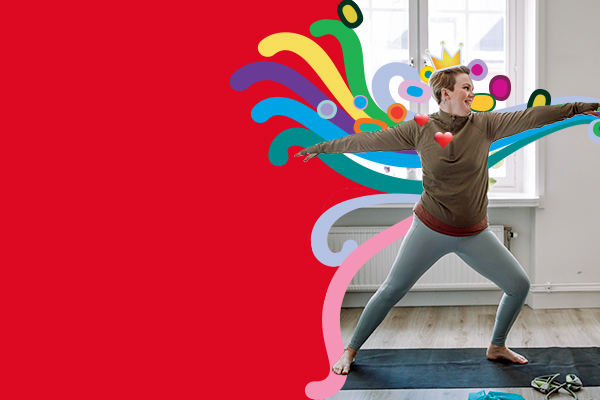-
Our hearts should be our most precious resource, but when it comes to breaking them love ain’t got nothing on the Western lifestyle.
Coronary heart disease has been the biggest killer in the developed world since the end of World War II, and while rates have waned somewhat since the ’70s, it is still the largest single cause of death in all but a handful of middle and upper-income nations. In Australia, more than 15% of our mortality rate comes from coronary heart disease alone.
And yet, two countries have bucked the coronary trend. For decades, both Japan and France have recorded some of the lowest rates of ischemic heart disease – what we might call a heart attack – in the world. Over the past few years, the pair have notched up a rate of around 57 deaths per 100,000 people respectively. By comparison, Ukraine, current home of humanity’s unhealthiest hearts, boasts well over 700.
On the face of it, Japan and France could not be more different: one a society of restraint and moderation, the other a culture of saturation and excess. Sashimi and tea versus fattened duck liver and bottomless wine. Japan’s diet and lifestyle could have been lifted from a Healthy Hearts handbook, while the French seem hell bent on a heart attack before 40. Hard as it might be to believe of the famously svelte French, the average Gallic diet gets around 40% of its daily calorie intake from fat. The question of French coronary health is so vexing that researchers refer to it as “The French Paradox”.
On the face of it, Japan and France could not be more different… Sashimi and tea versus fattened duck liver and bottomless wine.
From a different angle, French and Japanese diets could be closer than they first appear. Both thrive on small portions, a high intake of fatty fish and a low rate of sugar consumption (mixed with, curiously, persistently high levels of tobacco use). While the French may live off fat, almost all of it comes from unprocessed, fresh vegetables and dairy. For all its supposed complexities, the answer to The French Paradox could be along the lines of food writer Michael Pollan’s famous dietary dictate: “Eat food. Not too much. Mostly plants.”
But what of the other end of the spectrum? In the Ukraine, the rate of fatal heart disease is more than 13 times that of Japan, an unfortunate distinction shared with many of its Eastern European neighbours. Belarus, Poland, Kyrgyzstan, Kazakhstan and Russia all duke it out for the title of heart attack capital. The rates of fatal heart disease throughout this region are the highest in history, beating out the previous record holder: ’60s America. A 55-year-old man in one of these countries is more likely to have a heart attack than a 75-year-old man in France.
One does not have to look far for the causes of coronary catastrophe. As a general rule, the Eastern European diet consists of processed meats, vodka, salt-rich delicacies and cigarettes and is notable for its almost total lack of fruit and vegetable content. As it turns out, potato, pickle and sausage do not a balanced diet make.
Against such efforts, the Australian heart can be considered a positive inspiration. Despite soaring levels of obesity and a general unwillingness to get off the couch, our plummeting smoking rates, an increasingly diverse diet and improved medical techniques have meant that coronary fatalities have reduced by almost 40% in the past 20 years. Indeed, they’re now at their lowest point in over a century. It’s – ahem – heartening news, but at 183.5 coronary deaths per 100,000, if we ever want to catch up to Japan we’re really going to have to lay off the empty carbohydrates, strap on the running shoes and get those hearts of ours pumping.
Healthy hearts

-
How to set up your bedroom for better sleep
The sleep experts share some secrets.
-
5 healthy habits (and how to keep them)
New Year's resolutions are easy to make and hard to keep. Discover how to make healthy habits for 2024.
-
How to feel more connected this festive season
Feeling stressed or lonely this festive season?
-
Life’s a beach
If you want to take it easy at the beach, start by making the trip easier on yourself. Cameron Williams reveals the discoveries that made his time at the beach more enjoyable.
-
Learn how small bursts of movement can have a positive impact on employee wellbeing
-
How to do a digital detox
Reduce screen time with a digital detox, and improve your mental health and wellbeing.
Subscribe to receive the best from Live Better every week. Healthy recipes, exercise tips and activities, offers and promotions – everything to help you eat, move and feel better.
By clicking sign up I understand and agree to Medibank's privacy policy






